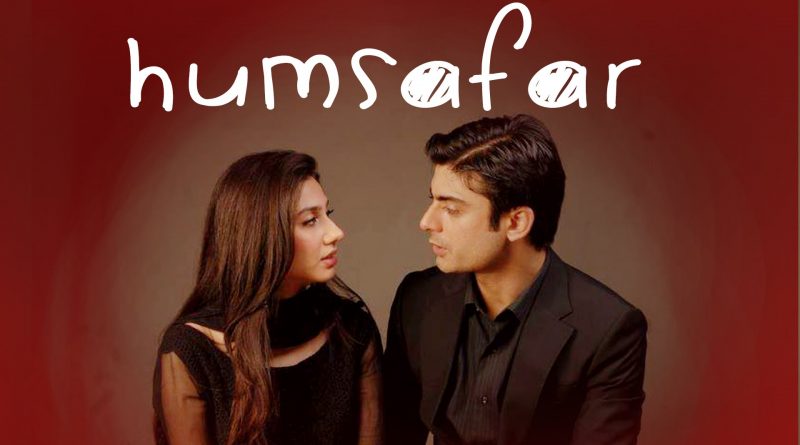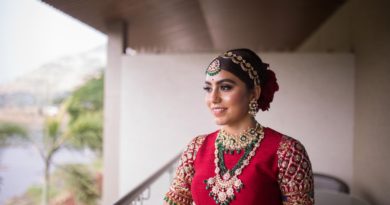Evergreen Pakistani Dramas
Pakistani dramas have made stupendous strides over the last decade, raising the bar for quality writing, innovation, and realism. They focus on women’s struggle, no re-birth drama, no paranormal things, no saas-bahu chik chik. Unlike Indian dramas, they don’t go on and on for decades. In fact, they have fewer episodes that seem short and sweet.
Pakistan? Naa! We are just talking about Pakistani Dramas which have created a stir with their amazingly talented artists and stories. What makes a drama last in our memories? Is it stories that reflect our lives or the ones which allow us to step through the looking glass into another world? The very best ones make us love the characters, argue their dilemmas, and root for their success, no matter how far removed they are from our own experience
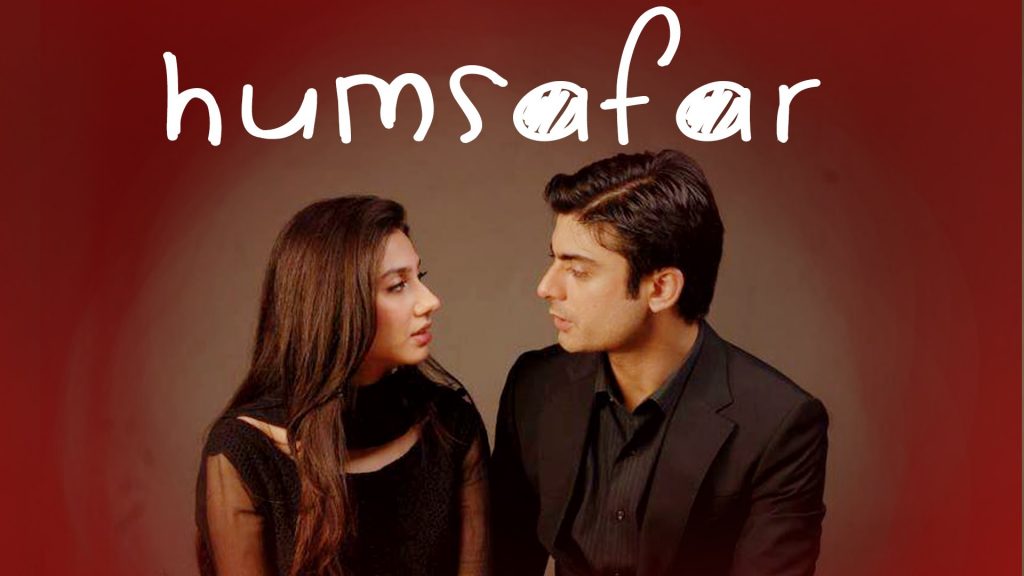
Yes, we agree that dramas were all rock solid entertainment. Indian viewers have consumed content from Pakistan for the past 30 years.
Though Indian shows are no less famous than any other international show yet there is something different about Pakistani dramas that connect us with them.
Also See: WHY SHOULD THE INDIAN DAILY SOAPS BE BANNED?
The stories basically revolve around the issues of women empowerment with a strong focus on inter-class/caste mobility generally depicted by way of the ultimate triumph of romance and marriages between persons belonging to different classes/castes.
How women suffer inequality since their birth, how they are forced to accept the intolerant behavior of male dominance, how they are taught to suppress their emotions and dreams underneath their family’s expectations. While the stubborn mentality of the rigorous caste system and manly attitude have no longer the same intensity and fervor as it was before but the leftovers of the stereotypical past and caste mentality can still be found confronting and confusing.
In many shows, while rich and elite families do not hesitate in marrying their children in lower class families even though with heavy and sorrowful hearts but they also take no time in serving all kinds of relationships and contacts with them under immense social pressure. But religious values gradually force them to overlook cruel social and cultural dynamics and accept the established relationships with respect.
The beautiful thing that attracts them is their language. Doesn’t it soothe when someone says with so much respect and love (TEHZEEB)? The way dialogues are delivered gives a piece of peace to us as if one is listening to music. The sense of simplicity of women, human nature, and relationships have won the hearts of viewers.
So, here’s the list of dramas that one should not miss watching. Believe! After watching them you will be thankful for their story, presentation, and characters. They will give you some real life lessons. Everything out there would be natural and realistic.
Evergreen Pakistani Dramas
1. AUNN-ZARA
‘Aunn Zara’ is one of those rare dramas that was funny and that too consistently funny.The comedy in the show hooks you from the very first scene.
Aunn lives with his mother, grandmother, and phupo. In a house full of women, Aunn is pampered to no end, but he wants out of the suffocating atmosphere. Add to the already stuffy household, there’s tension between daadi and Amma, so Aunn does the only thing he could think of- he takes up a job just so that he doesn’t have to be home all day.
Zara is in the same situation as Aunn- her father spoils her to no end and she too is in a suffocating household. These two spirits find themselves in a mehndi and eventually after Aunn falls for Zara, they get married and thus begin their life story.
To Check Out its First Episode: Click Here
The show was more than JUST a comedy, there was still a strong storyline that went along with the comedy, and neither aspect of the show was compromised for the other. The comedy was weaved well into the script and did not ruin the intensity of the show itself.
I genuinely believe this is one of the finer comedies that I’ve seen in recent times.
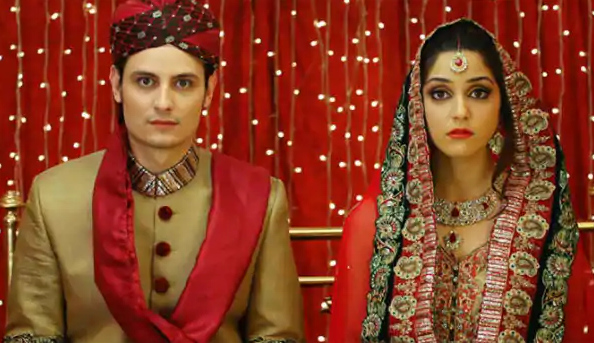
2. ZINDAGI GULZAR HAI
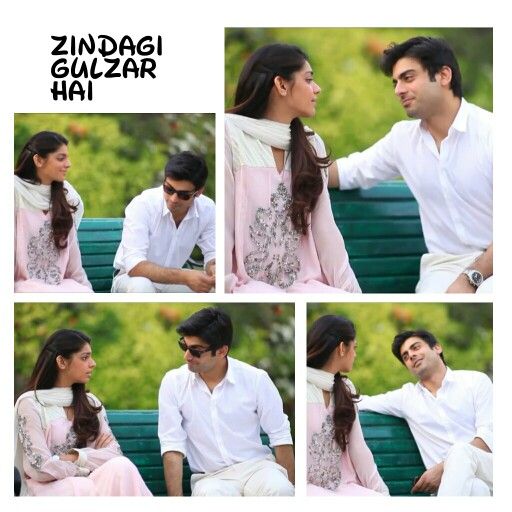
The story revolves around two persons Kashaf and Zaroon, class fellows with backgrounds poles apart opposite in thoughts and financial status. Kashaf, an average looking girl from a middle-class family, has a lot of responsibilities. She has an extremely unsatisfied life due to the financial constraints which affect her self-esteem badly.
Zaroon belongs to the elite class, has every good thing in life, and unshakable self-confidence. The only thing lacking in Zaroon’s life; a close knit family with enough time for each other.
They meet in college and their lives are forever intertwined. ZGH chronicles the journey of these two characters, how they overcome their animosity for one another and learn to love and respect each other.
In this drama, you’ll surely find one character who would be playing your role. You will find your ideology in at least one character.This serial has a strong female lead protagonist and was very popular among the female audience.
3. SHEHR E-ZAAT
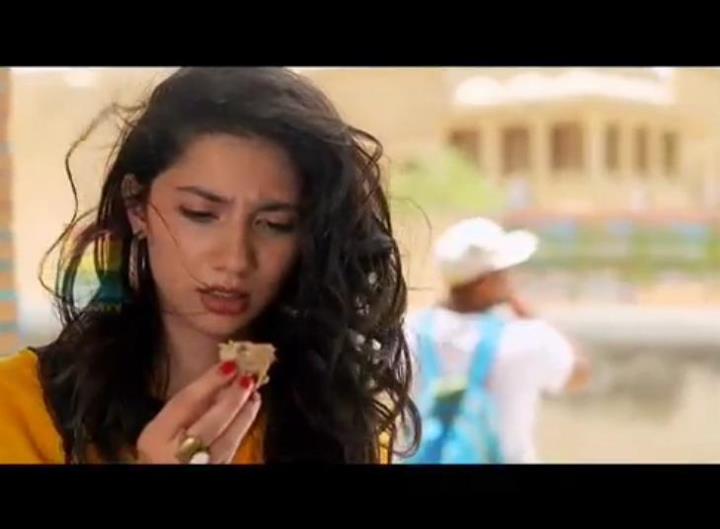
Shehr-e-Zaat revolves around the beautiful day-dreamer Falak; the only child to very rich parents. Falak is a student of fine arts who makes the sculpture of the man of her dreams and falls head over heels in love when she finds the breathing manifestation of it in Salman. But the more Falak tries to get to know Salman better, the more he distances himself from her until he finally succumbs to her wishes – but to what avail?
The heart of the story is about spiritual awakening. A sharp contrast is drawn between the Sufi concepts of ishq-e-haqeeqi, the love of a human for God, and ishq-e-majazi, the love of a human for another human.
This story took on some tough subjects like our easy acceptance of materialism, our lack of empathy for those around us, and the secret to true contentment in what can only be described as a fable for modern times. It is a must watch the show.
FAMOUS DIALOGUE:
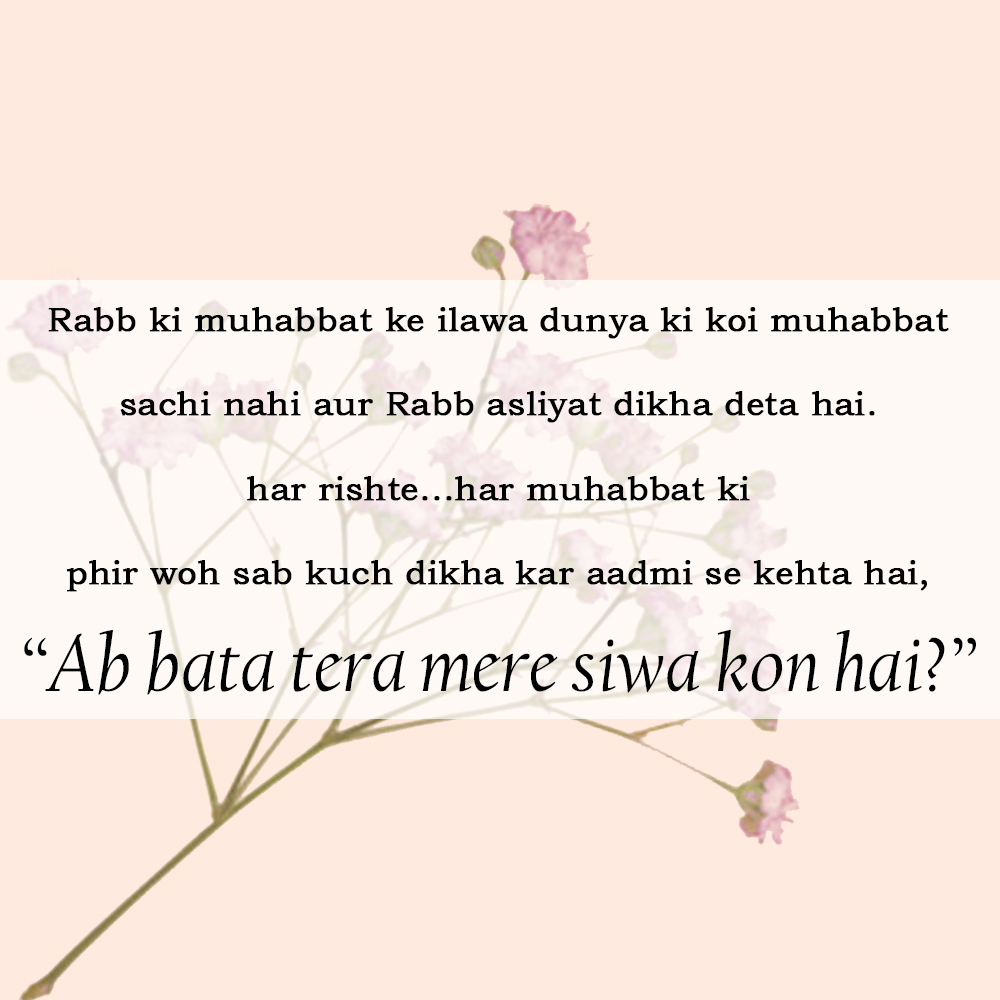
4. SADQAY TUMHARE
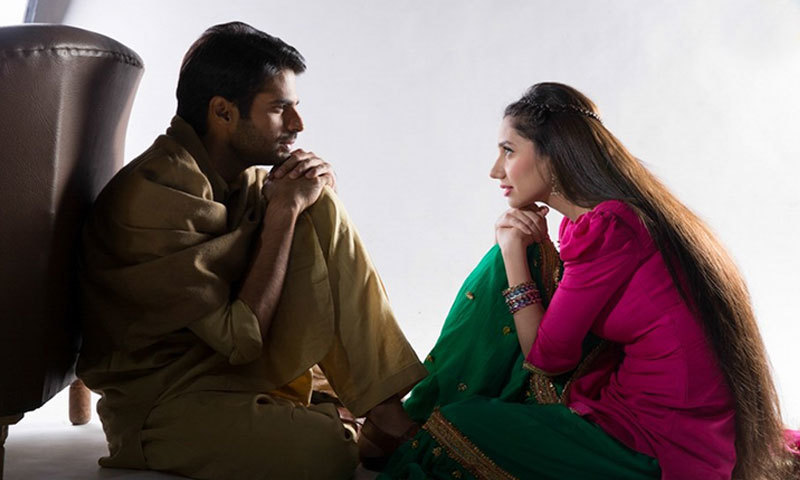
Sadqay Tumhare is set is in the 1980s. It follows the story of Rukhsana (nickname Shanno). The day Shanno is born, her aunt Inayat asks her mother Rasheeda for her hand in marriage for her son Kalil. Rasheeda agrees because she wants to take revenge on Inayat’s husband Abdul Rehman.
Shanno lives in a village named Bhopalwala while Khalil lives in Lahore city. Both cousins know about their engagement from an early age. Shanno takes her engagement seriously and has feelings for Khalil. On the other hand, Khalil is an arrogant person and does not reciprocate Shanno’s feelings for him.
He is more interested in cricket than marriage. Shanno has a close friend Humera with whom she shares her feelings. She intends to meet Khalil in person as they haven’t seen each other in years. Conversely, Khalil does not have any desire to see Shanno. When Khali sees Shanno in a dream, he decides to see her.
The tale of Sadqay Tumhare continues. Rasheeda and her husband Amin decide to end Shanno’s engagement with Khalil. However, Khalil and Shano see each other at a family wedding and fall in love. Rasheeda prevents Shanno and Khalil from seeing each other.
Things get complicated when Humera develops feelings for Khalil. Inayat and Abdul Rehman contact Rasheeda and Amin to express their intentions to visit them next week with a proper proposal for Shanno. Two days before his parent’s visit, Khalil comes to see Shanno. He learns that Shanno’s parents want her to get married to her paternal cousin Fayaz. Shanno’s parents refuse to give their daughter’s hand to Khalil.
Shanno writes to Khalil and he decides to meet her. Dr. Masood warns Khalil that Fayaz mignt hurt him. This does not stop Khalil and leaves to see Shanno.
The saga of Sadqay Tumhare resumes. Fayaz abducts Khalil with the help of his friends. They take Khalil to an abandoned place and beat him up. Khalil is rescued by Moulvi saab. Dr. Masood plans for Khalil and Shanno to get married in court.
However, Shanno and Khali decide not to run away from their parents. Rasheeda does not give up and keeps creating problems for Khalil and Shanno. In the end, Shanno commits suicide.
Even more intriguing is the fact that this drama is famed writer Khalil ur Rehman Qamar’s personal life story and, in an interview, he revealed:
“Ek scene aisa nahin hai jo drame ke khatir add kiya gaya ho .”
FAMOUS DIALOGUE:
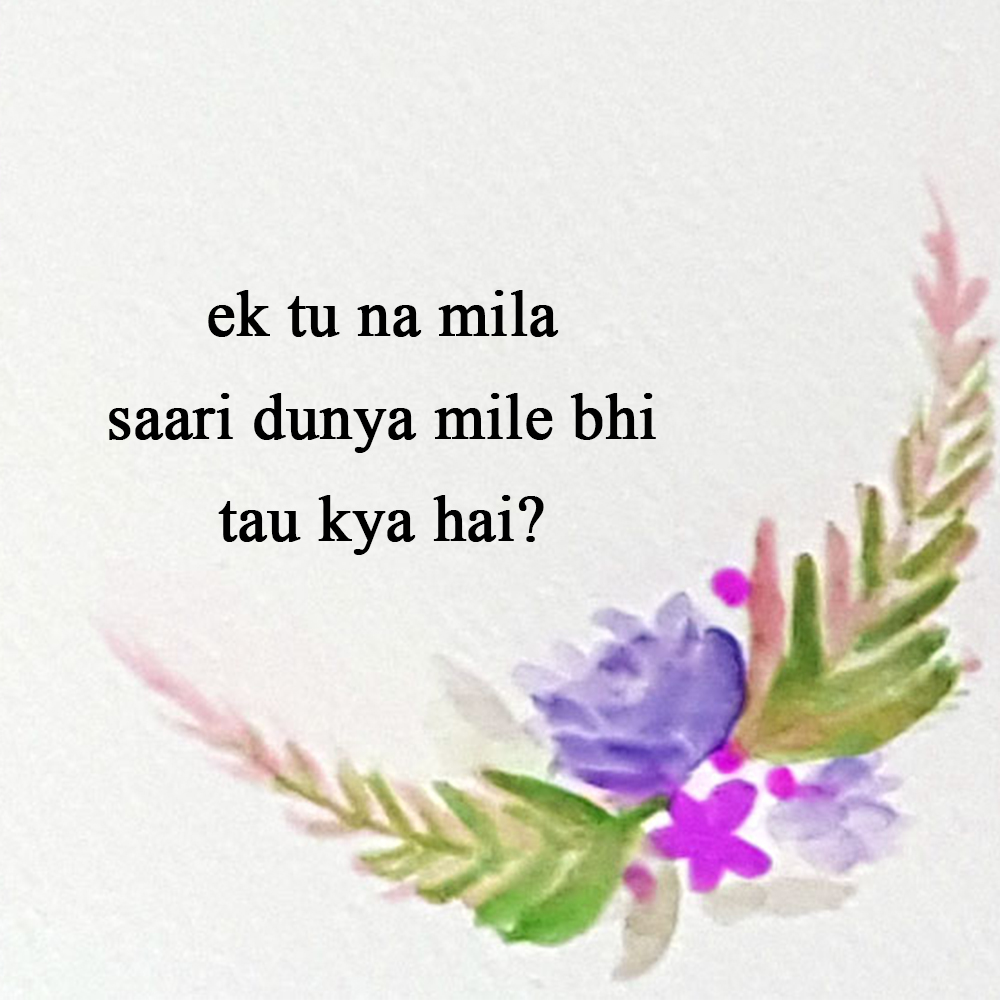
5. MAAT:
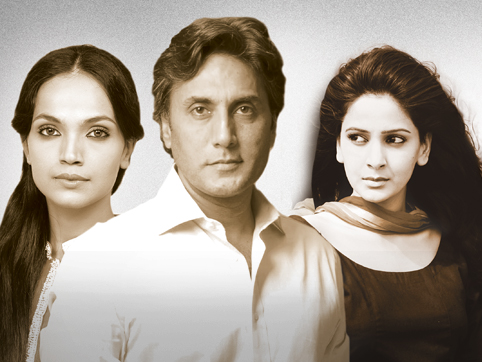
This drama is based on two sisters Saman and Aiman who belong to a lower-middle-class family. Aiman is kind, polite, and deeply respects her elders. Saman, who is younger than Aiman, is overambitious and believes she can give maat (defeat) to anyone at any time. Faisal is enchanted with Saman’s beauty and, despite his engagement to Aiman, proposes to Saman; she refuses, but his improving financial situation changes her mind.
The marriage is uneasy due to Saman’s demanding nature, but the couple has a son (whom they name Hadid). Saman can barely handle her child, with Aiman fulfilling the role of caretaker. Saman soon begins an affair with Faisal’s business partner, Azar, whom she finds richer than her husband.
After an incident where Saman’s attitude against her mother-in-law leads to Faisal slapping her, Saman files for divorce. Around the same time, Azar breaks his partnership with Faisal. Leaving her family heartbroken, Saman enjoys her life with her new husband. Meanwhile, Aiman’s mother and aunt decide to get Faisal and Aiman married.
Twenty-five years later, Hadid has grown to be a successful 27-year-old bachelor. Unknown to Aiman, Faisal has begun an affair with Saman after Azar’s death. After being lied to about Hadid wanting Saman back, a heartbroken Aiman leaves.
Meanwhile, Saman once again marries Faisal. Hadid, after learning of these events, is enraged and accuses Saman of returning only when there was nothing left for her in her old life; he also disowns his father. Hadid brings Aiman home who, although resistant at first, realizes her son was never at fault.
Four years later, Hadid has a wife and son, and Aiman lives with them. She receives a call from Saman, who apologizes on her and Faisal’s behalf, having grown tired of their isolation. Aiman forgives them but reminds Saman their misery was of her own doing. With this, she hangs up, happy with the feeling that she had finally given maat to Saman after all.
FAMOUS DIALOGUE:
” JEET USKI HUI, AUR MUJHE MAAT HUI.”

